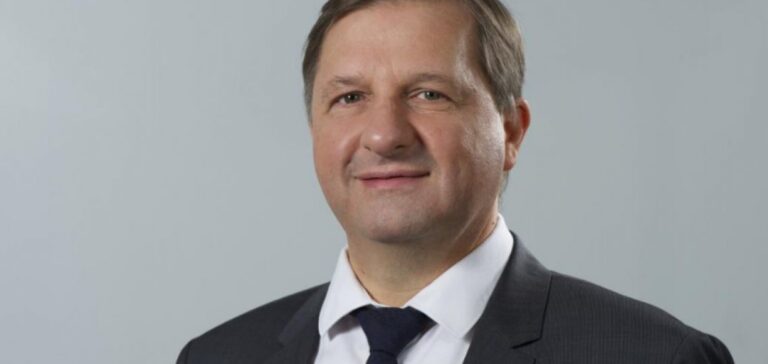The CEO of the Agency for Ecological Transition (Ademe), Sylvain Waserman, spoke before the Committee on Sustainable Development in the French National Assembly to address the growing criticism regarding the agency’s cost and effectiveness. In response to harsh attacks from right-wing political figures, including the President of the Île-de-France Regional Council, Valérie Pécresse, and the President of the Senate, Gérard Larcher, Waserman emphasized the importance of Ademe’s missions and the relevance of its investments.
The Ademe Budget and its Role in Energy Sovereignty
Ademe manages a budget of 3.4 billion euros, a figure that has raised concerns. According to the CEO, 92% of this budget is allocated to co-financing projects for businesses and local authorities, aiming to address climate challenges while contributing to France’s energy sovereignty. “These projects not only have an environmental impact but also a significant financial benefit by reducing dependence on fossil fuels, particularly in terms of natural gas,” he stated.
The Heat Fund and the Savings Generated
A significant portion of the funds is directed toward the Heat Fund, which finances projects using renewable energy sources to produce heating or cooling. Over the past ten years, this fund has invested over 4.3 billion euros of public money, thus contributing to reducing the trade deficit linked to natural gas imports. The CEO estimated that for every euro invested, between 1 and 4 billion euros of natural gas imports are saved annually.
Criticism and the CEO’s Response
However, the agency faces criticism regarding the management of these funds. Opponents, such as Jean-Pierre Taite, a member of the French Republicans (LR), have raised concerns about the effectiveness and coherence of Ademe’s actions. In response, Waserman emphasized the agency’s efficiency, stating that it operates with great sobriety. He highlighted that he does not use a company car and that Ademe has achieved a “155% productivity gain” over four years, increasing its budget from 800 million euros in 2020 to 3.4 billion euros in 2024 with a team of 1,300 people.
A “Useful” Budget and Strong Demand for the Heat Fund
For the CEO, these results demonstrate Ademe’s effectiveness in managing public funds and achieving its objectives. He also mentioned the high demand from businesses and local authorities for the Heat Fund, which exceeds the allocated budget by twice as much, proving that the money invested is “useful” and “well spent.” These arguments were presented to justify the need to maintain funding and continue investing in the energy transition, despite the criticism over costs.






















